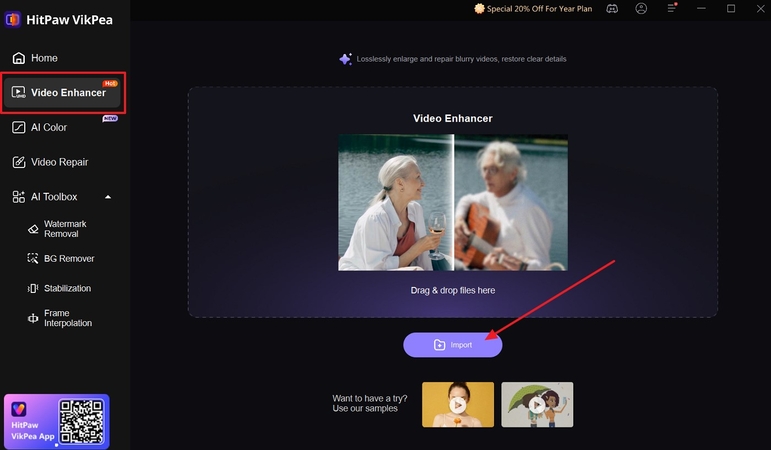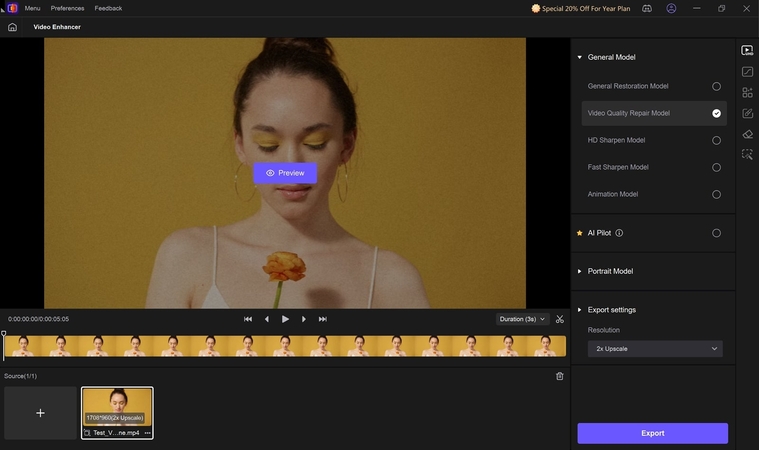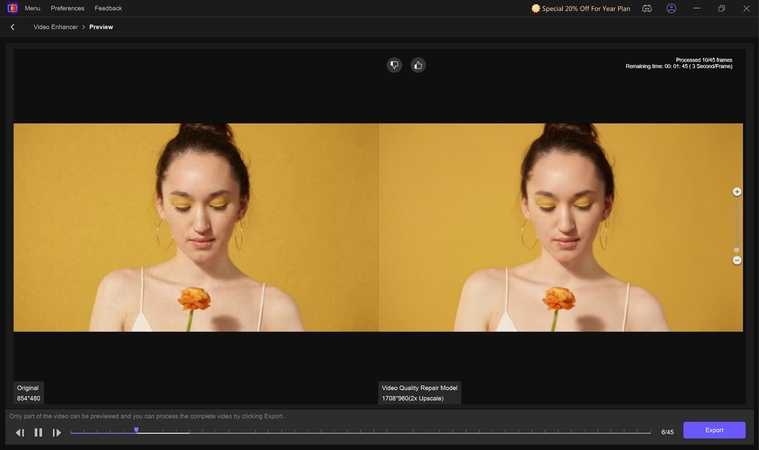Your Guide to Best Video Type for YouTube [2026]
As of 2025, YouTube has over 114 million active channels that upload content, and approximately 3.7 million daily video uploads. Among new and existing creators, the most frequently asked question is which is the best video type for YouTube that elevates the user experience. Thus, this guide will help you choose the best video format and size to gain more views and upscale your YouTube channel.
Part 1. Best Video File Type for YouTube: Full List of Accepted Types
Before discussing the YouTube best video format, here is the complete list of video types that YouTube accepts:
1. MOV
This format is used to store audio and video files and is widely used for high-quality video playbacks and editing processes.
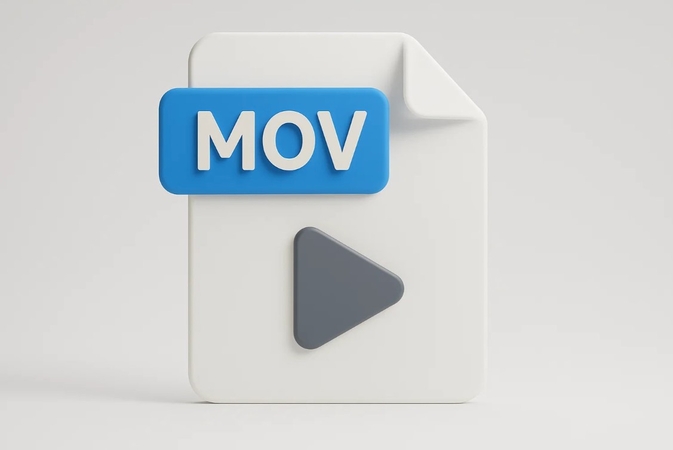
Pros
- Compatible with macOS and Windows.
- Easily stores video, audio, and special effects into a file.
Cons
- Difficult to open with some software.
2. MPEG-1
It was designed to compress the VHS-quality raw digital video and CD audio down to 1.5 megabits per second.
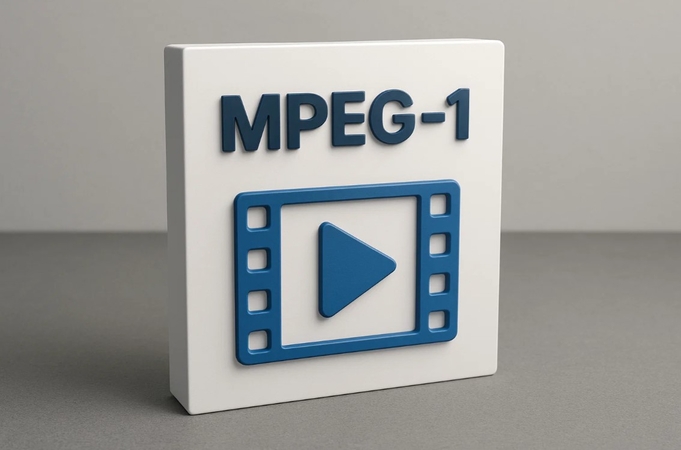
Pros
- It has a broad compatibility with every device.
- Stores decent quality without using a lot of space.
Cons
- Blurry content compared to modern formats.
3. MPEG 2
It is one of the YouTube accepted video formats, widely used for digital TV broadcasting, DVDs, and cable TV signals.
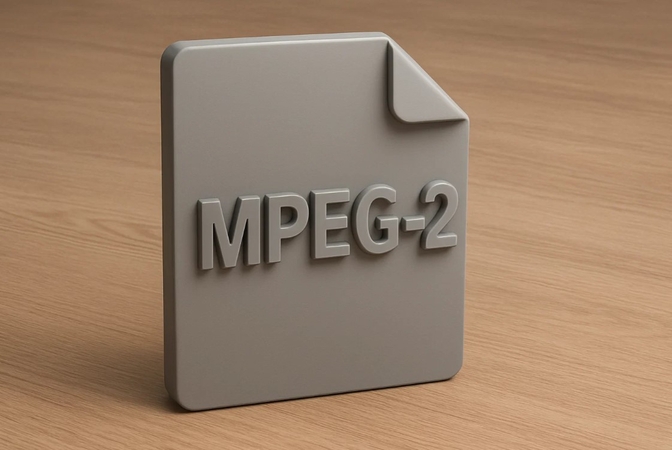
Pros
- Delivers high-quality video for SD and HD formats.
- It is compatible with most of the software.
Cons
- Requires more storage space with less efficient content.
4. MPEG-4
MPEG-4 is a globally used container for digital data compression and online video streaming in broadcast and interactive applications.
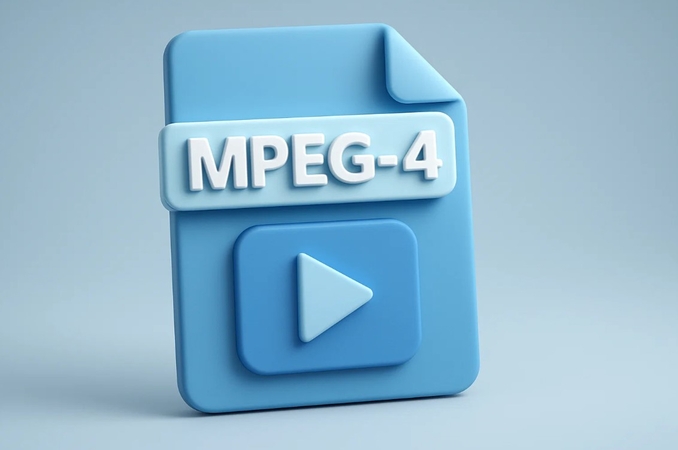
Pros
- Reduces file size while maintaining high quality.
- Supports 3D graphics and interactive media.
Cons
- Requires high computational demands for processing.
5. MP4
It is the YouTube-recommended video format, used to store audio, video, subtitles, or metadata for sharing and consuming media content.
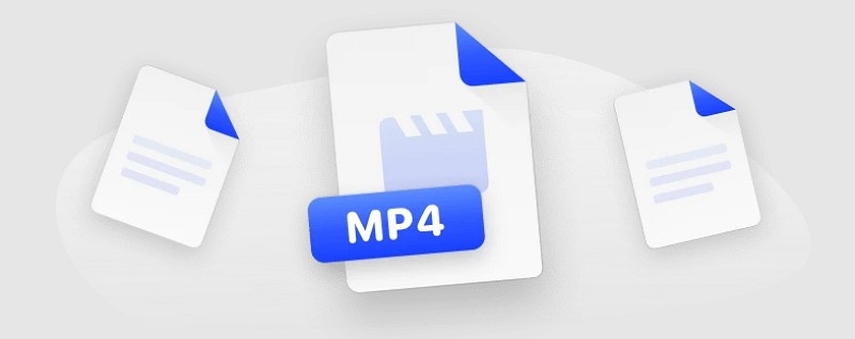
Pros
- Compatible with every computer and smartphone.
- Provides high-quality content with minimum space required.
Cons
- Loses quality after being edited repeatedly.
6. MPG
MPG maintains high-quality output and compresses content into a decent file size and is used for streaming, downloading, and consuming optimal-quality video content.
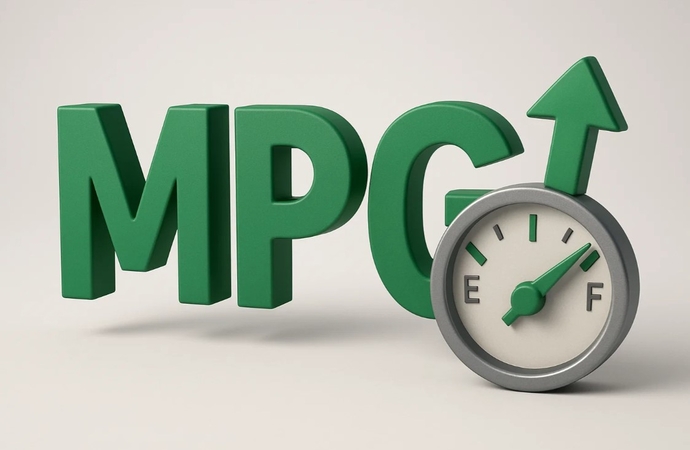
Pros
- Maintains a smaller file size without compromising quality.
- Allows smooth video editing tasks.
Cons
- Compatibility issues with advanced software and hardware.
7. AVI
This format supports both video and audio content and works across various operating systems and platforms.
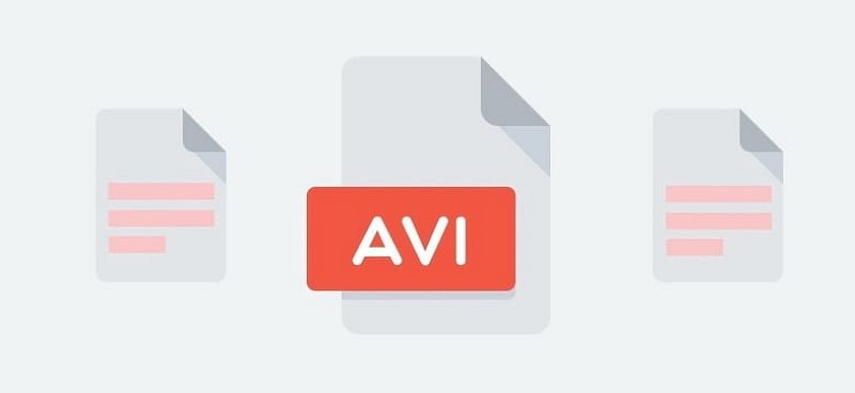
Pros
- Supports minimal compression for maximum output quality.
- AVI files are widely chosen for video editing processes.
Cons
- Requires more disk space compared to modern alternatives.
8. WMV
It is one of the YouTube upload-supported formats, designed for Windows that is used to store content for physical media like DVDs and Blu-ray Discs.

Pros
- Occupies less disk space compared to many formats.
- Microsoft users don’t need extra plugins.
Cons
- Limited compatibility with non-Windows players.
9. MPEGPS
Used on DVDs to synchronize digital audio and video into a single stream, MPEGPS is optimized for environments where error correction is required, such as local files.
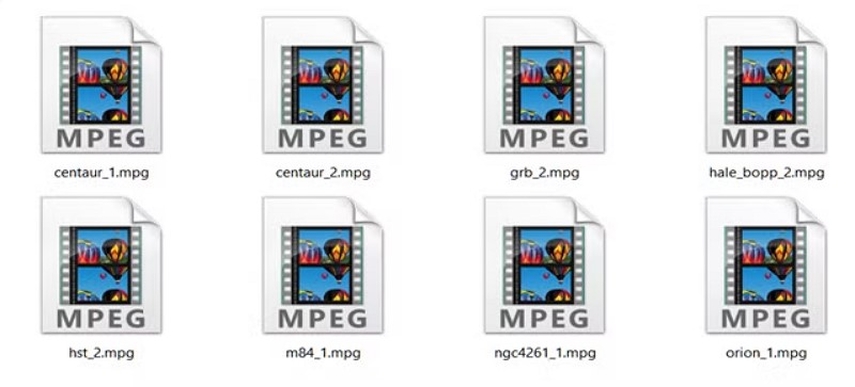
Pros
- Perfect for minimum playback storage on media storage discs.
- MPEGPS is supported by a wide list of media players and devices.
Cons
- Not efficient for streaming or broadcasting applications.
10. FLV
FLV is a format to share video content online via Flash Player and is one of the YouTube-accepted video formats that is optimized for fast online playback.

Pros
- Allows videos to be played while downloading.
- Enables quick downloads and minimal buffering.
Cons
- Not natively supported on most mobile devices.
11. 3GP
3GP designs it for storing and transmitting data on 3G mobile phones and it utilizes codecs like H.263 and ACC to compress audio and video for mobile devices.
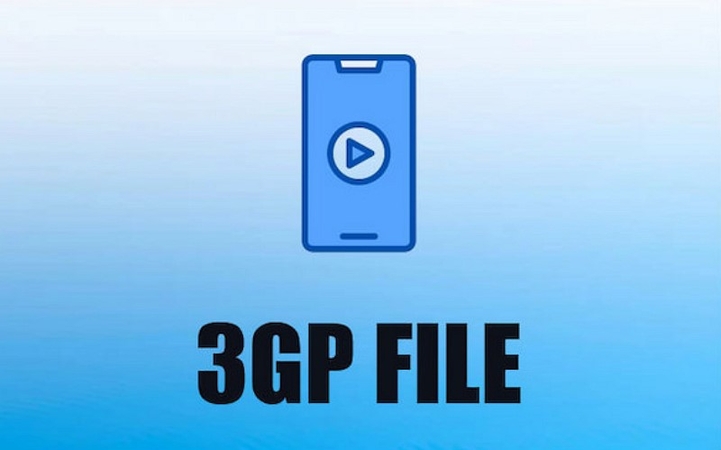
Pros
- Uses minimal internet speed for sharing.
- It serves as a standard format for MMS media sent files.
Cons
- Compression reduces the audio and video quality.
12. WebM
WebM was created to deliver video content over the web that utilizes VP8/VP9 and Vorbis/Opus codecs to design high-quality media playbacks.

Pros
- Supported by HTML5 browsers without plugins.
- Needs less processing power with limited resources.
Cons
- Unfunctional with older browsers and many Apple devices.
13. DNxHR
DNxHR is often considered the best file type to upload to YouTube for preserving video clarity at high resolution since it supports up to 8K resolution.
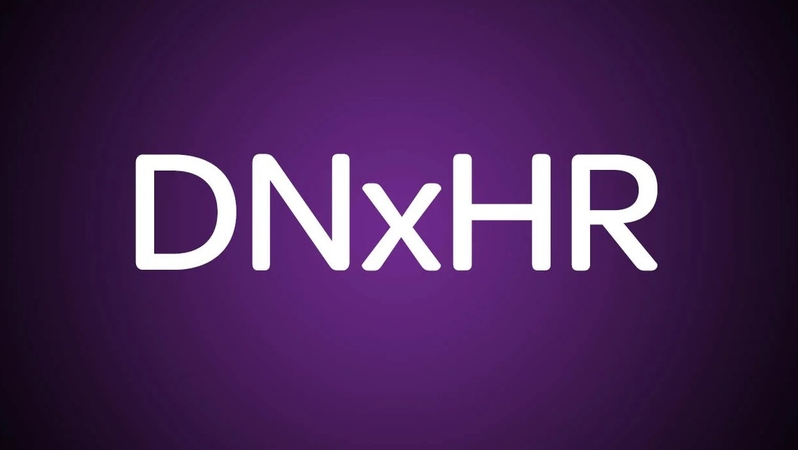
Pros
- Puts less strain on hardware for better editing performance.
- Works well with the most commonly used editing software.
Cons
- File sizes can be too large for uploads to web platforms.
14. ProRes
This is a lossless video codec developed by Apple, widely used in video editing and post-production which support up to 8K resolution content.
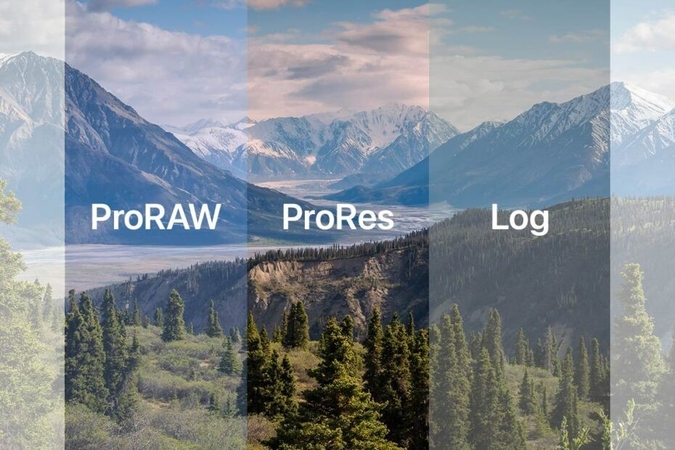
Pros
- Maintains high content quality after multiple compressions.
- Allows easy editing and fast exports in complex projects.
Cons
- Limited and unreliable support on Windows.
15. CineForm
As a YouTube video upload format, it supports editing and post-production workflows with bit depths and is commonly used in film and television show editing for this speed.

Pros
- Supports up to 12-bit color depth for best color representation.
- Maintains high image quality after color grading.
Cons
- Edited files require more space than other containers.
16. HEVC (h265)
It is a modern video compression standard that provides the same quality as H.264/AVC at about half the bitrate.
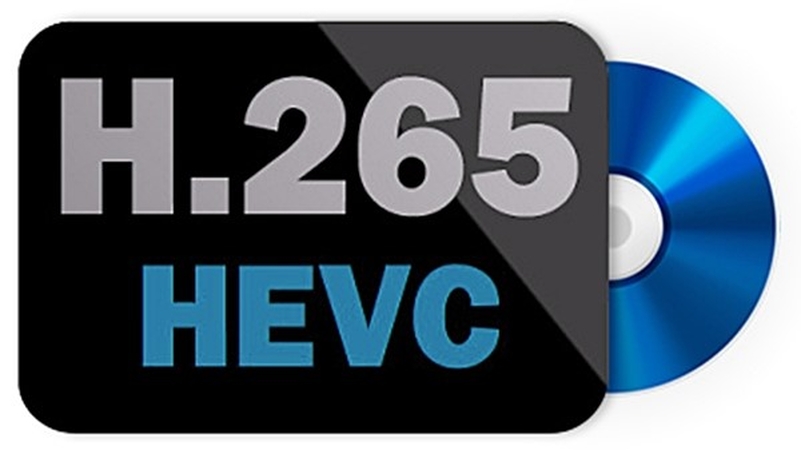
Pros
- It requires less bandwidth and file storage.
- Prepared for next-generation content and devices.
Cons
- Needs a high-power GPU/CPU for encoding and decoding.
Part 2. YouTube Best Video Format - MP4 Reigns Supreme
Among all the video types, MP4 container specifically with H.264 video and AAC audio codec is the best type of video for YouTube. It helps maximize the uploading and streaming speed with wide compatibility and playback across devices. YouTube itself recommends MP4 due to its ability to balance the file size and video quality which enables creators to upload content without playback issues.
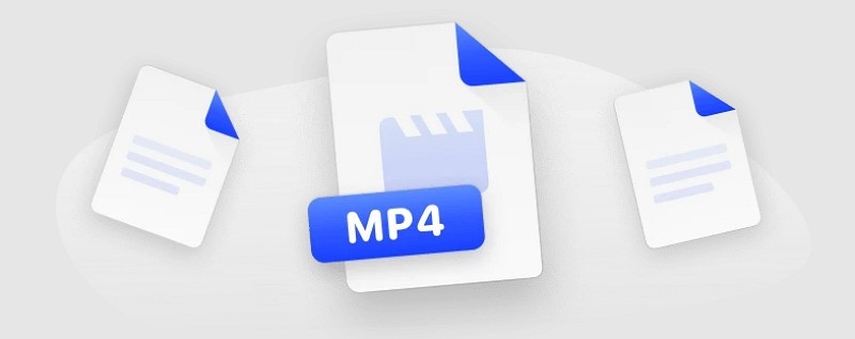
Part 3. Best Size and File Type to Upload to YouTube
Now that we’ve uncovered the YouTube best format for upload, let's look at some technical details that can make or break your video’s appearance on YouTube.
| Aspect Ratio | Resolution Name | Resolution (Pixels) | Frame Rate (fps) | Recommended Bitrate (Mbps) |
|---|---|---|---|---|
| 16:9 | 1080p (Full HD) | 1920×1080 | 24, 25, 30, 60 | ~8 |
| 16:9 | 2K | 2560×1440 | 24, 25, 30, 60 | 16-24 |
| 16:9 | 4K (Ultra HD) SDR | 3840×2160 | 24, 25, 30, 60 | 35-45 |
| 16:9 | 4K (Ultra HD) HDR | 3840×2160 | 24, 25, 30, 60 | 66-85 |
| 16:9 | 8K | 7680×4320 | 24, 25, 30, 60 | 80-100 |
Part 4. Upscale Your YouTube Videos to High Resolution with HitPaw VikPea
If your YouTube videos get blurry after uploading, we recommend using HitPaw VikPea (formerly HitPaw Video Enhancer) to upscale them and make them shine in the YouTube preferred video format. It is a powerful AI-based tool that increases the resolution of your video, minimizes any visible compression traces, and improves the video’s color fidelity.
Key Features
- 1. Upscales your videos from standard or HD up to 8K resolution.
- 2. Colorizes old black and white videos into high-resolution videos.
- 3. Allows batch video processing and before/after preview for comparisons.
- 4. Cover the most creative needs with 10 different AI models.
- 5. Removes or replaces the BG or unwanted objects without green screens.
Guide to YouTube Video Upscaling with VikPea
If you’re looking to upscale your video in the YouTube-supported file formats with VikPea, adhere to this step-by-step guide below:
-
Launch The Tool and Import the Video
Start by opening the tool and clicking the “Video Enhancer” tool to press the “Import” button for adding the video.

-
Choose Video Quality Repair Model
Once the YouTube video is imported, select the “Video Quality Repair Model” button and click “Preview” in the same window.

-
Export The Final Video to Your Device
Once the video is upscaled, click the “Export” button to save the final video.

Part 5. FAQs on YouTube Best Video Format
Q1. What are the YouTube supported file formats for uploading videos?
A1. The YouTube recommended format is the MP4 with H.264 and AAC codecs. MP4 offers high video/audio quality and smooth playback across all devices.
Q2. What are the most popular types of YouTube channels in 2025?
A2. The most popular types of YouTube channels in 2025 include gaming, personal finance, educational content, lifestyle vlogs, and tech reviews.
Q3. What is the best video type to upload to YouTube for gaining views?
A3. Short-form videos like YouTube Shorts and engaging how-to or reaction content tend to gain the most views in 2025.
Conclusion
Summing up, choosing the right format, size, and quality of the YouTube video can elevate the viewer experience and increase audience engagement. In this article, we’ve discussed the YouTube-supported file formats in detail and explored the best container for YouTube videos. However, if you’re planning to enhance your videos, we recommend using HitPaw VikPea to upscale your YouTube videos for maximum viewership.
Leave a Comment
Create your review for HitPaw articles



